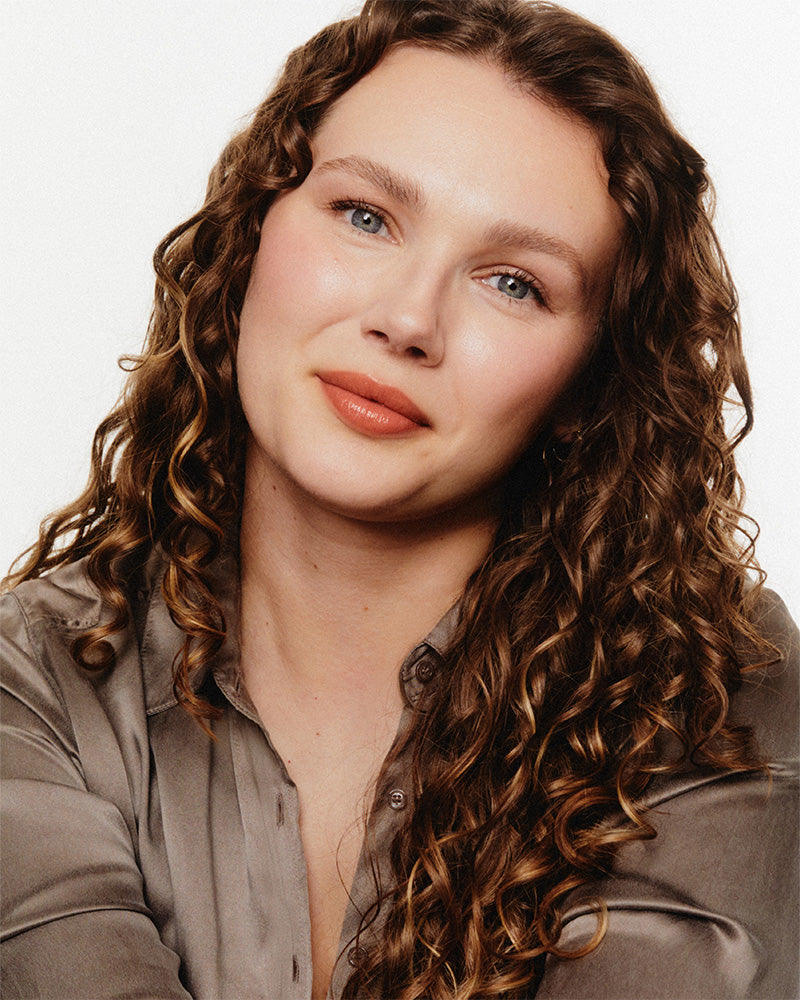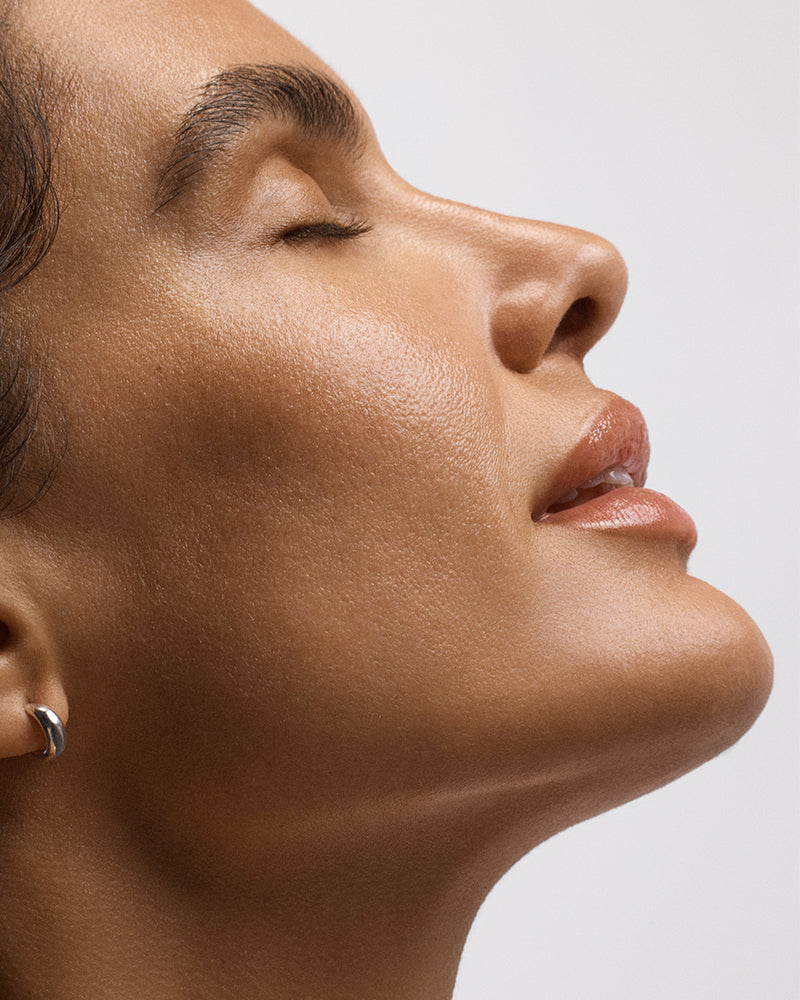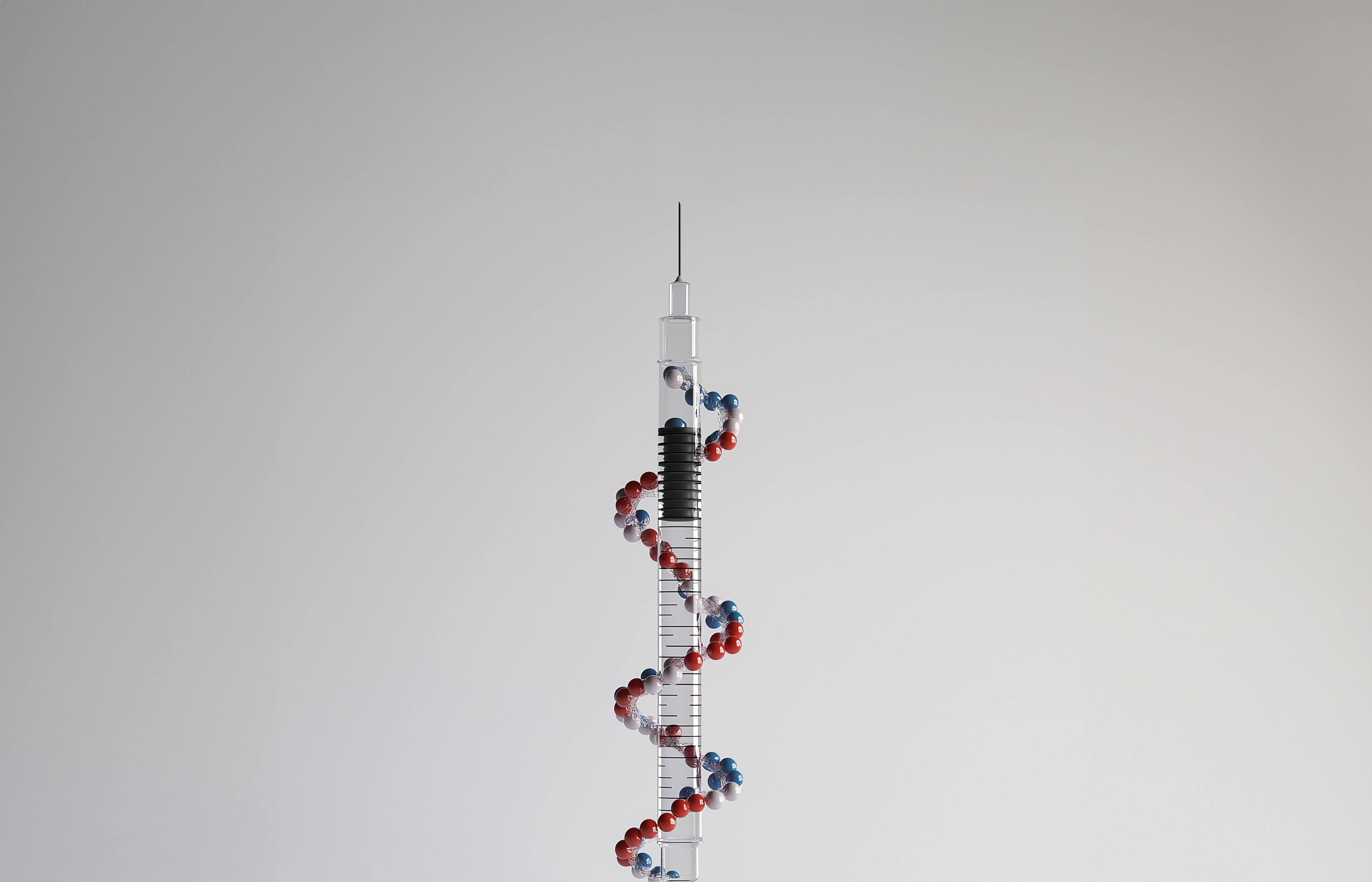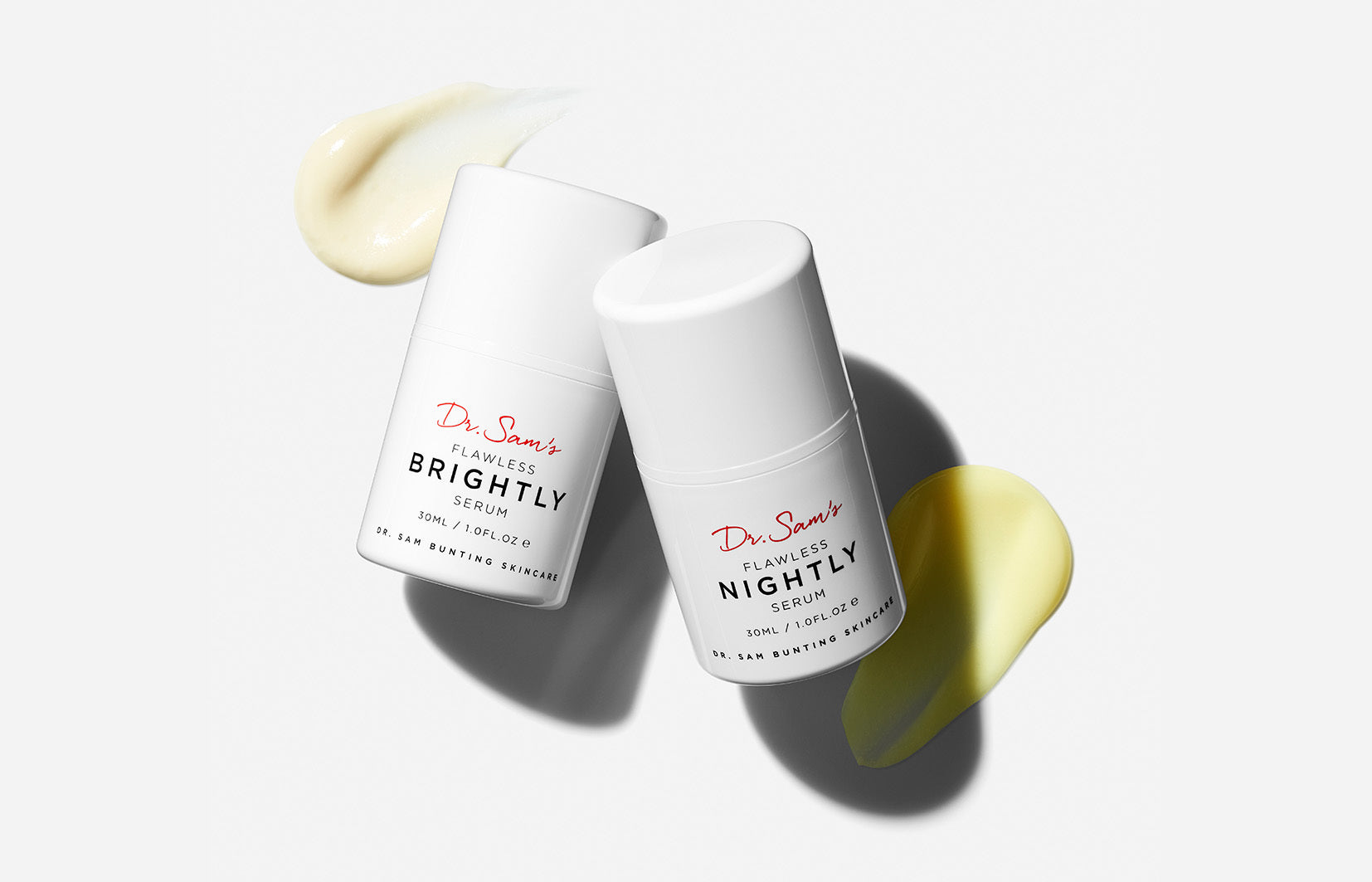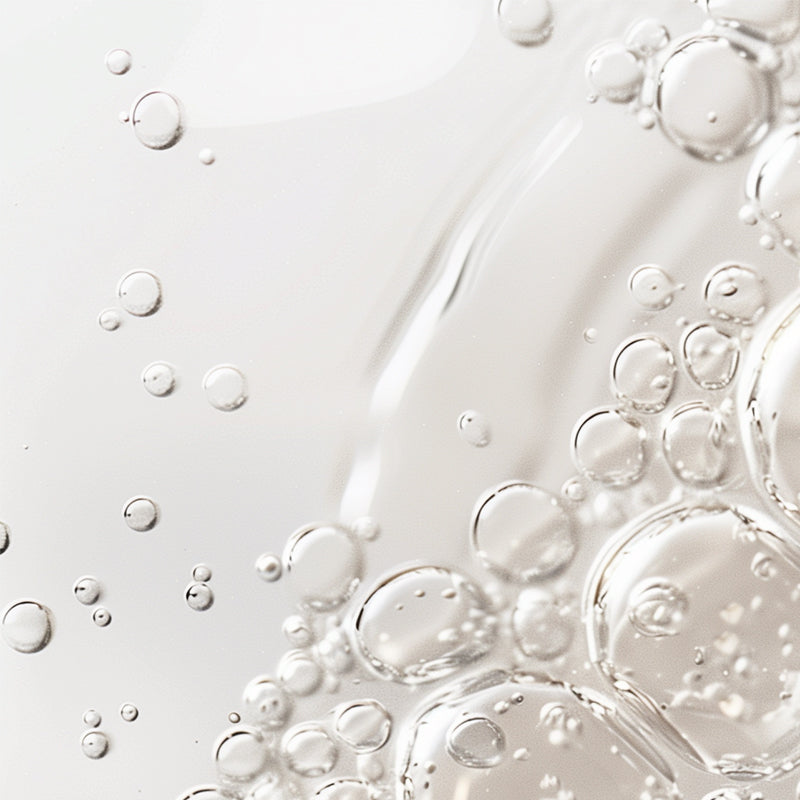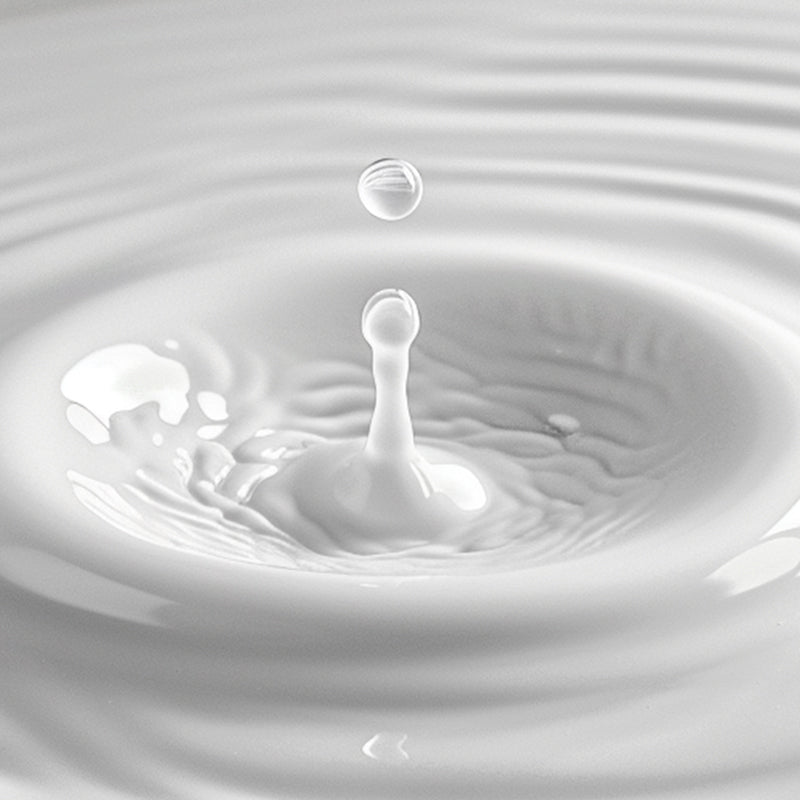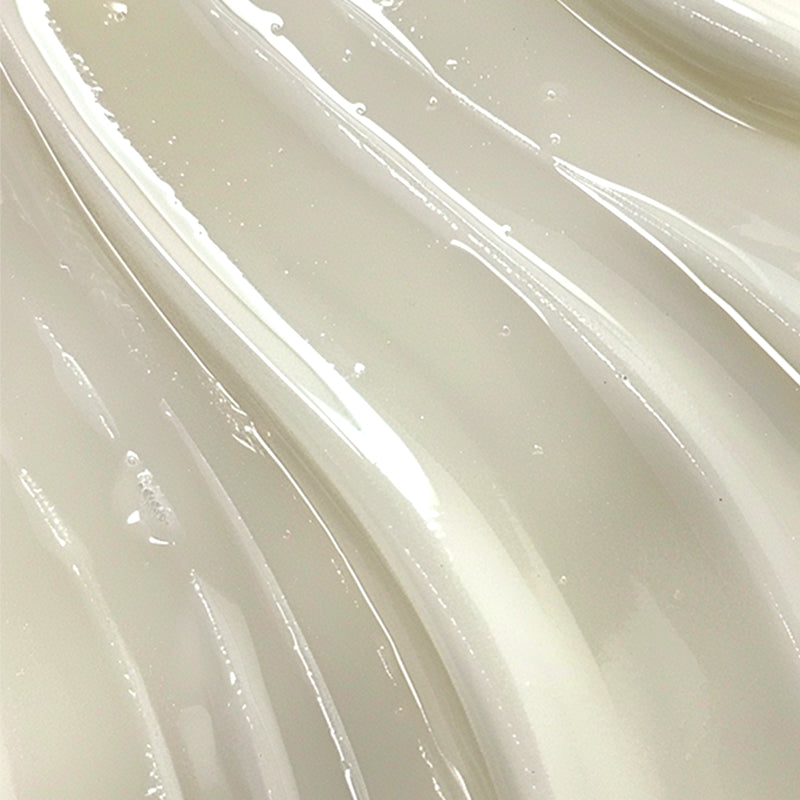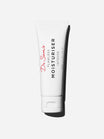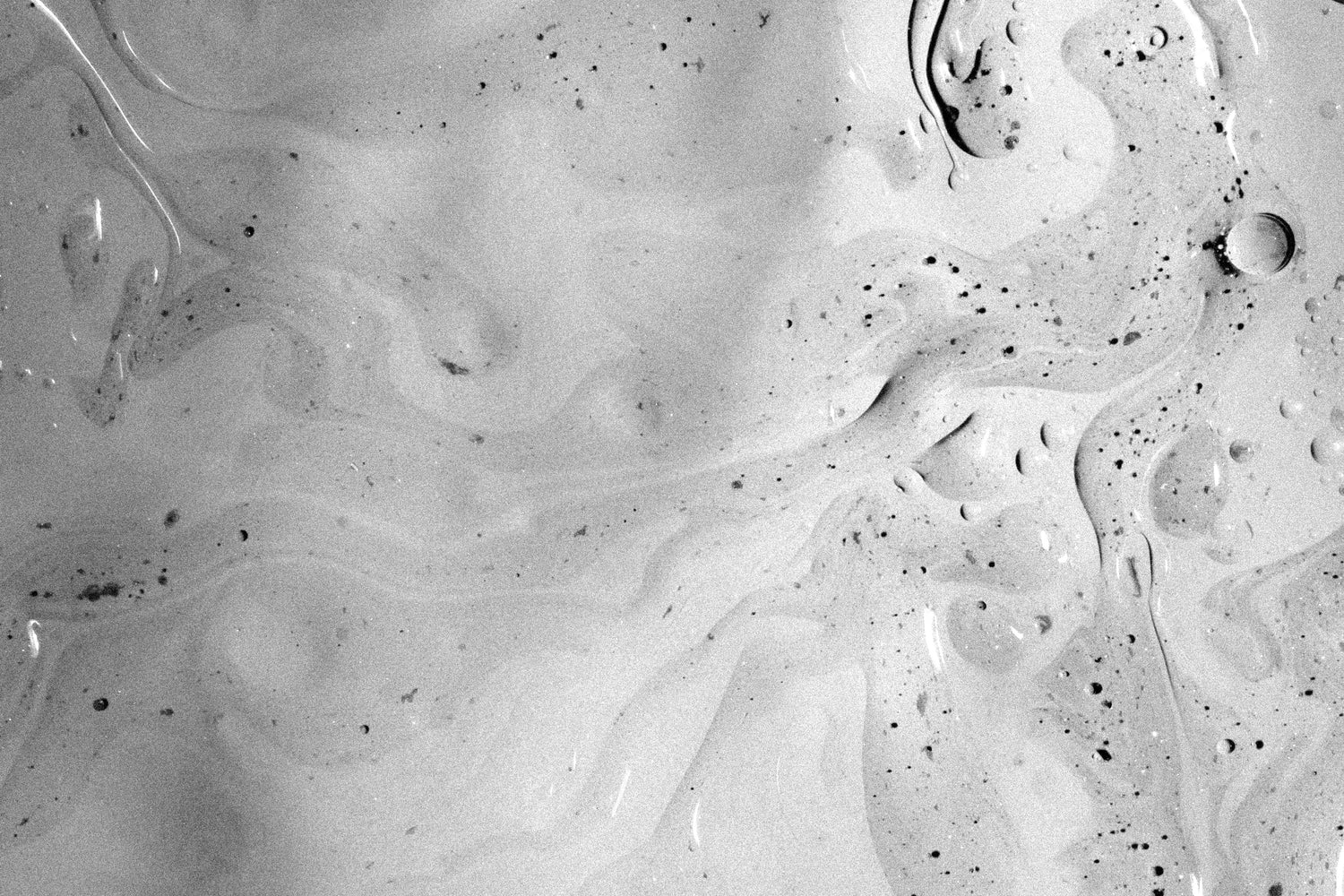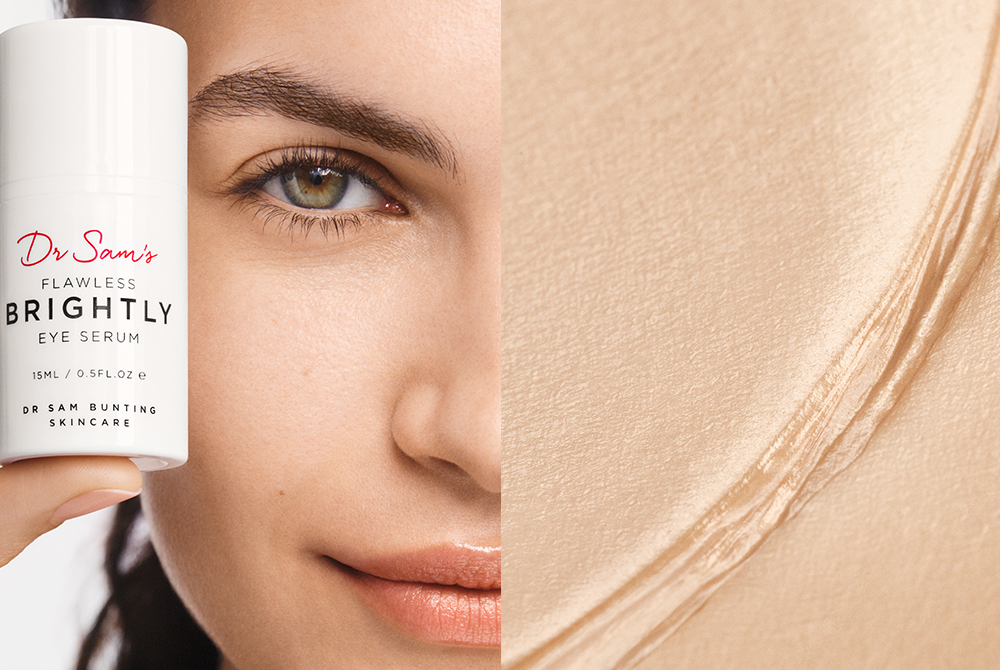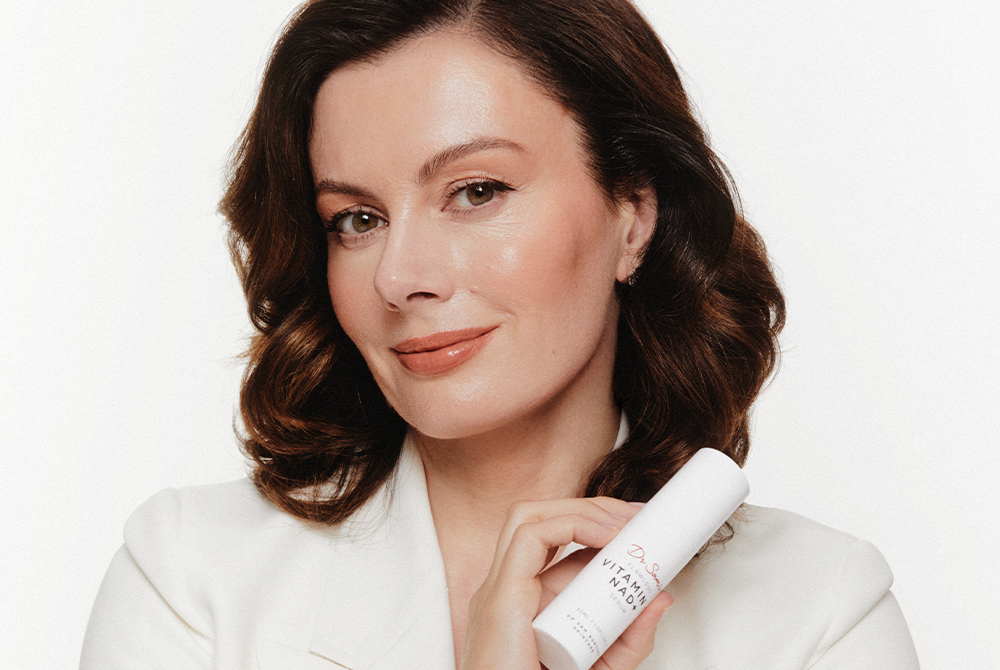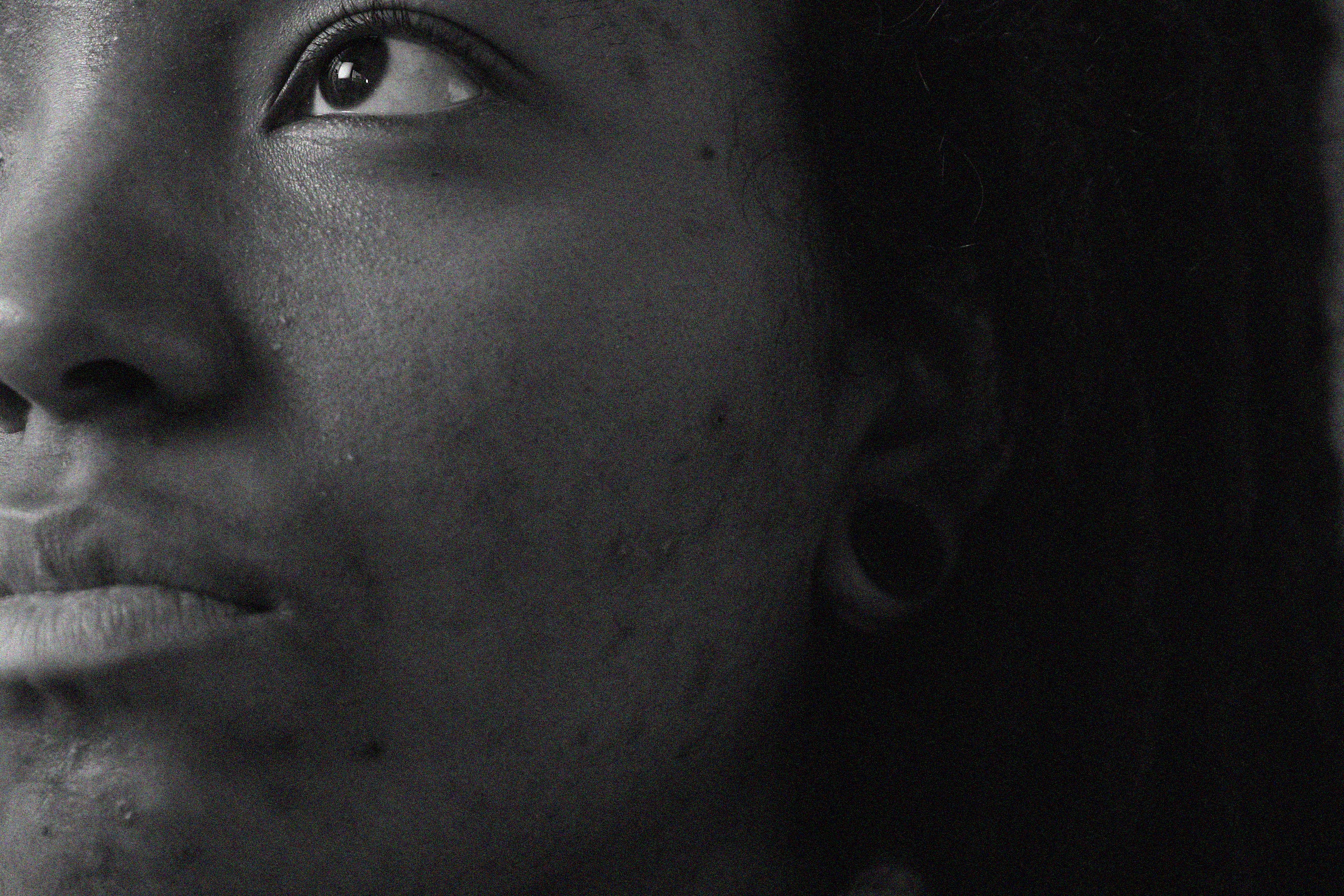Acne is still the biggest skin bugbear we face. So, I thought it the perfect time to revisit one of my favourite tried-and-tested solutions: benzoyl peroxide.
What is benzoyl peroxide made of?
It’s an organic peroxide that acts as an oxidising agent. It’s manufactured in a laboratory and is available over the counter in the UK with a pharmacist’s guidance. Acnecide 5% gel is the one I recommend.
What is benzoyl peroxide used for?
Benzoyl peroxide’s main use is to treat acne breakouts. It has three effects on the skin. It’s antiseptic, meaning it reduces the number of skin surface bacteria. It’s also anti-inflammatory and it helps unclog pores. In practical terms, this means it reduces the appearance of angry red spots and prevents new ones from appearing. The great thing about benzoyl peroxide for skin, is that bacterial resistance doesn’t occur, so there’s no limit to how long you can use it for and its effectiveness doesn’t diminish over time.
What strength does benzoyl peroxide go up to?
The percentage of benzoyl peroxide for skin will be disclosed on pack. Whilst it’s available in up to 10% strength, a strength of 2.5-5% is usually sufficient.
Can benzoyl peroxide be paired with other active ingredients?
Some formulations combine benzoyl peroxide successfully with other actives. For example, Epiduo (available on prescription) combines benzoyl peroxide with adapalene, which is a retinoid. It can also be combined with an antibiotic, such as clindamycin or erythromycin, to amp up its antibacterial effect (known as Duac and Benzamycin, respectively).
Combining benzoyl peroxide and antibiotics has the added benefit of decreasing the amount of antibiotic resistance that develops, so the treatment stays efficacious for longer. I use Duac on prescription more than any other combination therapy as it’s effective and isn’t overly drying. When should I use benzoyl peroxide? I usually recommend that benzoyl peroxide is used in the morning, because it’s often paired with a retinoid like tretinoin at night, which will help increase the absorption of benzoyl peroxide. These are best used separately, as benzoyl peroxide will inactivate the retinoid molecule. Some newer preparations (like Epiduo) have solved this issue within the formula, which is great for increasing compliance with treatment, as it allows you to apply treatment just once a day. However it gives you a bit less control, so the pros and cons need to be carefully weighed up.
What are Acnecide, Duac & Epiduo?
These three products are brand names for benzoyl peroxide products.
Epiduo contains adapalene (a form of topical retinoid) and benzoyl peroxide and is available on prescription. I tend to use this most in teens.
Duac is a prescription-only formula that contains clindamycin phosphate (an antibiotic lotion) and either 3% or 5% benzoyl peroxide.
Acnecide is available over the counter and contains 5% benzoyl peroxide to reduce acne breakouts.
What’s a good routine to use with benzoyl peroxide?
My approach to skincare is always less is more. Stick to a simple, effective routine to maintain the skin barrier and reduce acne breakouts over time. I tend to use benzoyl peroxide in the morning (alongside a retinoid at night), so a typical routine might look like this:
1. Start with Flawless Cleanser, a fragrance-free jelly cleanser that removes all oil and impurities without stripping skin. Make sure you cleanse for one whole minute to ensure skin is thoroughly cleansed.
2. Apply benzoyl peroxide - use a pea-sized amount and apply thinly to the areas you are prone to acne breakouts and clogged pores. Unable to tolerate benzoyl peroxide (both irritation and allergy are possible) or keen to avoid the bleaching effects associated with this treatment? Try Flawless Neutralising Gel which contains azelaic acid and salicylic acid in a soothing squalane base to reduce the appearance of red blemishes and help prevent future breakouts.
3. Follow with a non-comedogenic moisturiser that won’t clog pores or irritate breakouts. Flawless Moisturiser Light is a featherweight cream-gel that deeply hydrates while repairing the skin barrier with ceramides.
4. Always finish with SPF in your daytime routine - the non-negotiable in every skincare routine. Flawless Gossamer Tint SPF offers high protection and a subtle tint to help reduce redness and deliver a glass-skin glow.
To discover the ultimate routine for your skin goals, take the Routine Finder quiz.
Discover another of Dr Sam’s favourite ingredients. Read How Does Azelaic Acid Work As An Acne Treatment?

